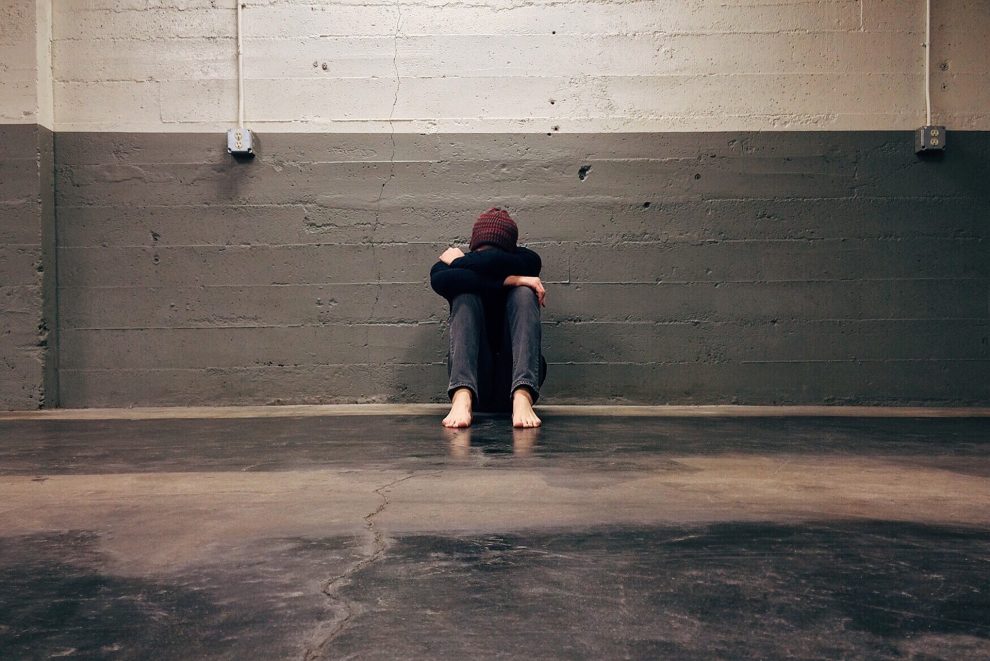CARDIFF Council is proposing to consider whether someone has deliberately made themselves homeless to gain access to council housing in future homelessness applications.
At a Cardiff Council community and adult services scrutiny committee meeting, councillors were told that a key contributor to the city’s growing homelessness crisis is the lack of affordable private rented accommodation.
Members were told at the meeting, held on Monday, November 20, that some people are so desperate to get on to the affordable housing waiting list that they will intentionally give up their private rented accommodation and present as being homeless.
Considering intentionality in future applications where there is clear evidence that someone has deliberately made themselves homeless is one way the council is proposing to ease the high demand for council housing.
Other solutions that are being looked at include opening more emergency accommodation units and securing more properties.
Considering intentionality
Chair of the community and adult services scrutiny committee, Cllr Rhys Taylor, said the proposal to look at intentionality “set alarm bells” off for him.
However, he was told that certain groups, for example people with complex needs, will be exempted from the consideration.
Legal protection will also be in place for under-21s, care leavers, families and pregnant women unless they were found to be intentionally homeless twice within a period of five years.
Cardiff Council’s cabinet member for housing and communities, Cllr Lynda Thorne, said: “Nobody wants to leave anybody homeless, but it is about getting that message that we will consider that because if we don’t, it will continue.”
There are currently more than 8,000 households on Cardiff Council’s housing waiting list.
On top of the issue of more landlords deciding to leave the private rented market, most homes which are up for rent are going for prices higher than Local Housing Allowance (LHA) rates.
In a sample of the Cardiff market undertaken in September 2022, 98% of the properties that were being let were at least £100 above the LHA according to Cardiff Council.
Cllr Thorne added: “When you think, we are getting less properties available and of those properties only about 25% or 26% are going to families who are on the waiting list.
“Their wait is probably years. And so, they can probably be just as desperate because of the conditions if they are overcrowding and if they… have got disabilities.

“They can feel so desperate that they think the only solution to actually getting anywhere is actually presenting as homeless.
“The only way we are going to manage this and perhaps get anywhere to getting back to a situation where we are actually housing people from the housing waiting list as well is if we can manage this.
“But, if we keep growing the demand, we are never going to address it.”
The number of homelessness assessments completed in Cardiff has gone up by 8.8% between 2021/22 and 2022/23 from 4,215 to 4,588 and the number of households found to be at risk of homelessness has gone up from 1,695 to 2,006 (an 18.3% increase) over the same period.
Cardiff Council’s director for adults, housing and communities, Jane Thomas, added to Cllr Thorne’s comments: “We are certainly not talking about our revolving door homeless people who might give up their property, go back on the street and so on.
“We are talking about people who are giving up their property specifically to get a council property.
“There are some really clear examples of that happening that our team are seeing and are frustrated by because they can’t do anything about that when other people are really quite in desperate need on the waiting list.
“It is not something we would choose to do particularly.
“It is a message we want to get out there that you cannot just stop paying your private sector rent so that you get evicted into homelessness.
“Obviously, there are other people who are really struggling to pay their rent and those are not the people that we would be looking at.”
More temporary accommodation
Cardiff Council already has exclusive use of four hotels at the moment to house people who are in need of emergency accommodation.
It also a number of temporary accommodation sites, including the Briardene in Gabalfa and the Gasworks in Grangetown.
However, with the colder winter months on the horizon the council is looking at securing more units, especially as it expects hundreds more to be at risk of becoming homeless.
There are 589 individuals and 127 families currently residing in Cardiff who are due to have a decision on their application for asylum by December 2023.
Not all refugees will stay in the city, but the council estimates that 353 single people and 102 families will seek support with housing soon.
Asylum seekers who are refused refugee status have no recourse to public funds. This means they have no access to welfare benefits and housing.
Chief executive of the Huggard, Richard Edwards, said that although the council has no legal duty to support people with no recourse to public funds, this “doesn’t mean that as a city we don’t have a moral duty”.
He said: “If we are not providing support for those individuals, then where do we stand as a city?”
Cardiff Council is set to make the following additional accommodation available for single homeless people for the winter months and beyond:
- Another hotel will provide 83 units and is expected to be made available in November
- Emergency accommodation will provide 30 units in Splott from November
- Additional emergency accommodation will provide 30 units in Grangetown from November
- Managed temporary accommodation will provide 39 units in Llanishen from late December on a phased basis
- Managed permanent accommodation will provide 50 units in Penylan in December 2023 or January 2024
Increasing move on from temporary accommodation
Cardiff Council said in October that moving people on from temporary accommodation is one of the biggest challenges it faces in tackling its housing crisis.
Council figures showed that in August 110 households moved into temporary accommodation with 75 leaving it.
Cllr Lynda Thorne said in October that the severe shortage of affordable homes in the city is one of the factors impacting the move-on rate from temporary accommodation.
In a presentation given at Tuesday’s scrutiny committee meeting, council officers revealed that the average rent in Cardiff is £200 more than the Welsh average and that there are cases where hundreds of people applying to rent the same one-bedroom flat.
At the moment, the council has a dedicated move-on team which is working with clients to find accommodation in the private rented sector.
The local authority said it is also purchasing properties from the the open market and that an additional 120 properties have been made available to let since April 2022.
To increase the move-on from temporary accommodation, the council is proposing to make offers for private rented accommodation outside of the Cardiff area and permanent offers for social housing across the city.
A Cardiff Council spokesperson said: “There is currently a housing emergency in Cardiff and services are under exceptional pressures.
“The council has good supply of temporary accommodation (almost 1,700 units in total) for households experiencing homelessness but provision is full and each month 28 more families are entering accommodation than are exiting to permanent homes.
“The high cost of private rented accommodation in the city has made this unaffordable to many people, while home ownership is also out of the reach of many.
“The council has responded to demand by acquiring the exclusive use of four hotels in the city to cope with the high volume of families requiring help and a further hotel will open shortly for single people.
“As well as increasing accommodation, we have strengthened homeless prevention services which has led to an increase in the percentage of households that have been prevented from becoming homeless.
“We have also increased resources focussed on improving move-on from temporary accommodation.
“But despite these efforts, emerging pressures mean that even more accommodation will be needed over the coming weeks and months and so a number of proposed changes to the existing approach to supporting people have been developed as well as plans to increase the amount of accommodation available.”
All of the proposals that the council is considering to deal with its homelessness crisis will be considered by Cardiff Council’s cabinet members in December.
















